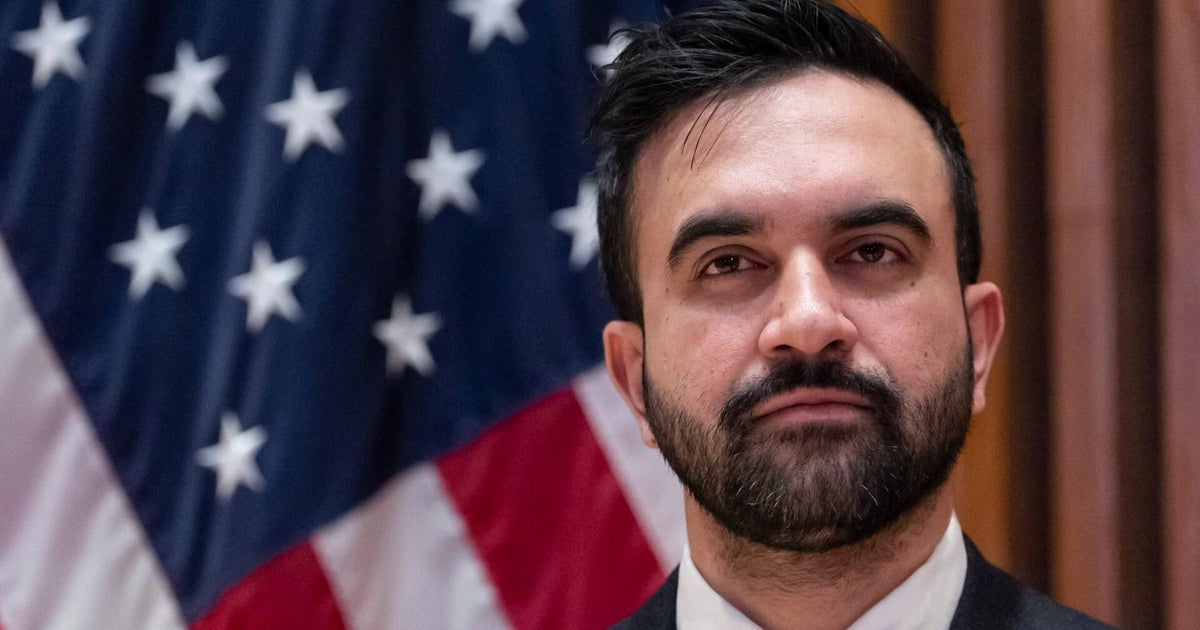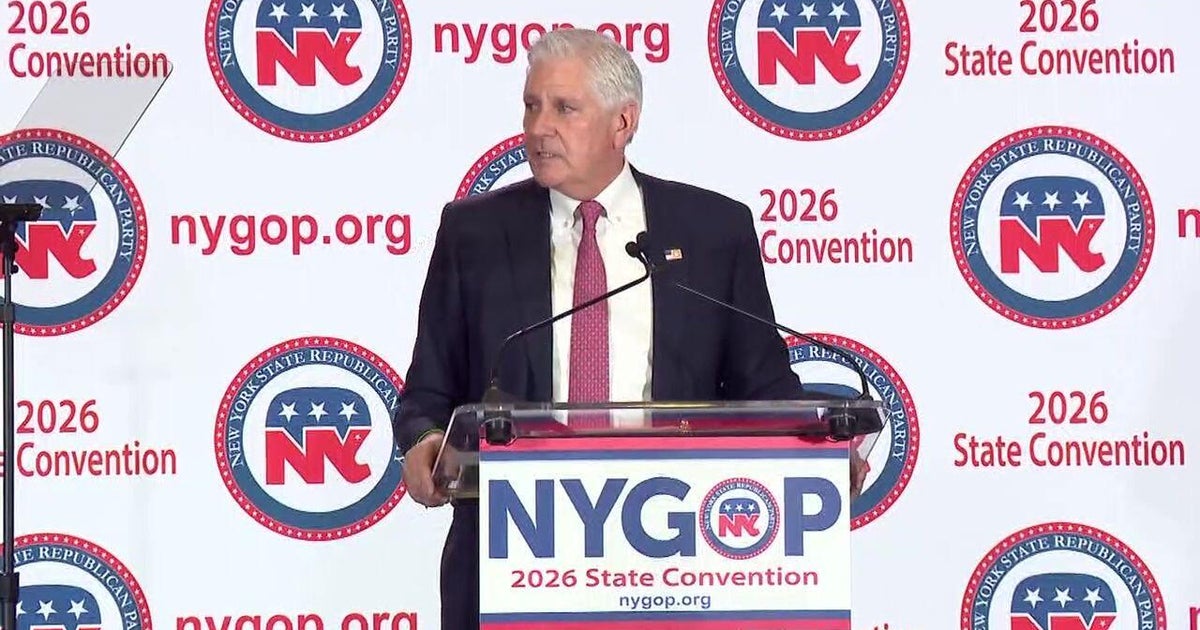In Minn., A Short & Productive 2014 Legislative Session
ST. PAUL (WCCO) -- Minnesota lawmakers are gone from the Capitol after ending the 2014 session on Friday night. It was an unusually short and productive session.
Included on the completed list is the bill to legalize medical marijuana, which became among the most publicly visible -- and contentious -- issues of the year.
"This means so much to our family and to thousands of other Minnesota families," Angie Weaver of Hibbing said.
Weaver became an advocate for medical cannabis for her 8-year-old daughter Amelia, who suffers from a rare disease that causes 30 to 50 seizures a day.
Outside of medical cannabis, lawmakers also passed:
• A $1 billion dollar construction projects bill that lawmakers claim will generate 28,000 jobs.
• $500 million in tax cuts, many of them to middle income earners.
• A tough new school anti-bullying law.
• A major increase in the minimum wage -- $9.50 an hour by 2016.
"We are doing something real for the welfare and livelihood and wellbeing of Minnesotans everywhere," said the author of the minimum wage hike, Rep. Ryan Winkler, DFL-Golden Valley.
"People who work in all kinds of industries in all parts of the state are going to see the benefit of a rising floor for wages."
However, much work at the 2014 Minnesota Legislature was left undone:
• No reform of Minnesota's controversial sex offender treatment programs.
• A federal judge threatened to release violent sex offenders who have served their prison sentences and are currently committed to security hospitals for treatment.
• No change in Minnesota's Sunday liquor sales ban, including the sale of craft beer growlers.
• Lawmakers keep their immunity from DWI arrest during session, said to be part of a broader constitutional ban on arresting lawmakers when they are meeting in St. Paul.
Republicans also say the Democratic majority did not do enough to help a fragile, but improving, economy.
"Minnesota families frankly haven't seen the benefits of an economic recovery," said Rep. Kurt Daudt, the Republican Minority Leader. "And now, unfortunately, the policies the Democrats have put in place have turned the positive recovery that we have had at least neutral and maybe even negative."
Gov. Mark Dayton now has 32 bills on his desk since the legislature adjourned, including the medical marijuana bill and the $1 billion construction projects measure. He has two weeks to sign them or veto them.







